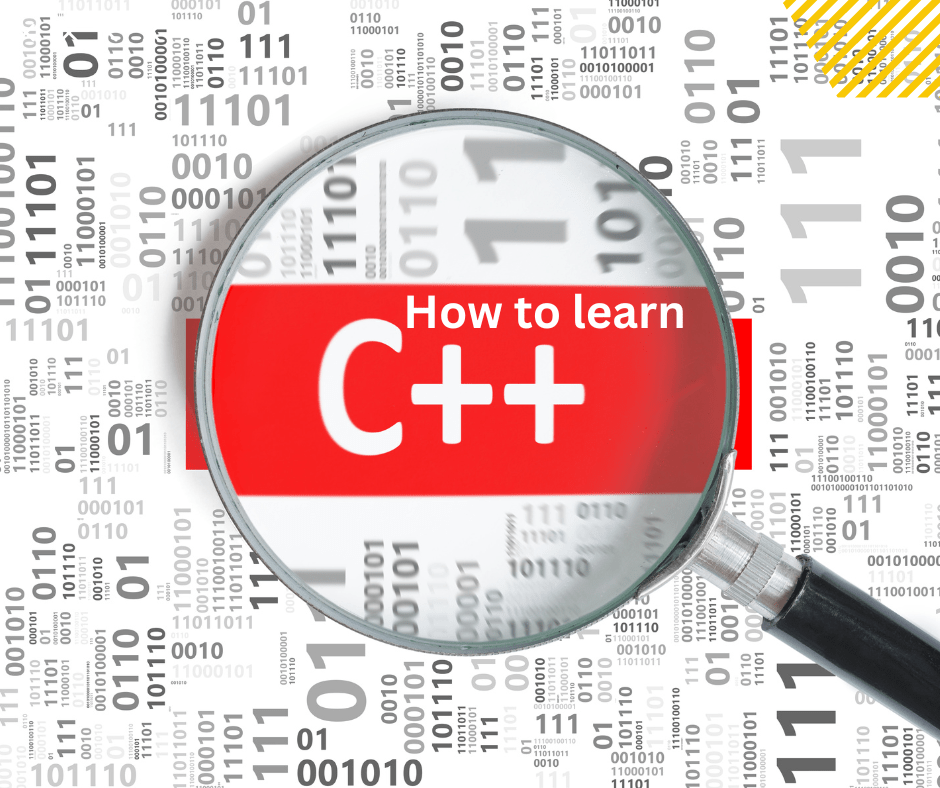
Learning C and C++ can be an exciting journey that opens up a world of programming possibilities. Here are some steps to help you get started:
- Understand the Basics:
Start by familiarizing yourself with the fundamentals of programming concepts. Learn about variables, data types, control structures (such as loops and conditional statements), functions, and basic input/output operations.
- Choose Learning Resources:
There are numerous resources available to learn C and C++, including online tutorials, textbooks, video courses, and interactive coding platforms. Some popular resources include:
- Online tutorials: Websites like Learn-C.org, LearnCpp.com, and Cplusplus.com offer free tutorials and exercises for beginners.
- Books: Recommended books for learning C include “C Programming Absolute Beginner’s Guide” by Greg Perry and Dean Miller, and “The C Programming Language” by Brian Kernighan and Dennis Ritchie. For C++, books like “C++ Primer” by Stanley Lippman, Josée Lajoie, and Barbara Moo, and “Effective C++” by Scott Meyers are highly regarded.
- Video courses: Platforms like Udemy, Coursera, and YouTube offer video courses on C and C++ programming.
- Practice Coding:
Put your knowledge into practice by writing code. Start with small programs, gradually increasing their complexity as you gain confidence. Practice solving programming exercises and challenges to reinforce your understanding of the language.
- Join Online Communities:
Engage with programming communities where you can ask questions, share knowledge, and learn from others. Websites like Stack Overflow, Reddit’s r/learnprogramming, and programming forums are great places to seek help and connect with fellow learners and experienced programmers.
- Work on Projects:
Building projects is an excellent way to solidify your skills and gain practical experience. Start with simple projects like creating a calculator or a text-based game, and gradually move on to more complex applications. Working on projects will help you apply your knowledge, tackle real-world problems, and learn valuable problem-solving techniques.
- Experiment and Explore:
Continue exploring advanced concepts and features of C and C++ as you progress. Dive into topics like memory management, pointers, object-oriented programming, templates, and standard libraries. Experiment with different coding styles and best practices to improve your code quality and efficiency.
- Collaborate and Learn from Others:
Collaborate with other learners and programmers through coding meetups, workshops, or online communities. Participating in coding competitions or open-source projects can enhance your skills and expose you to different coding practices and perspectives.
- Stay Updated:
C and C++ are constantly evolving languages. Stay updated with the latest language standards, new features, and best practices by reading official documentation, programming blogs, and following reputable programming news sources.
Remember, learning C and C++ requires practice, patience, and persistence. Embrace the learning process, be curious, and enjoy the journey of becoming a proficient C and C++ programmer. Happy coding!
